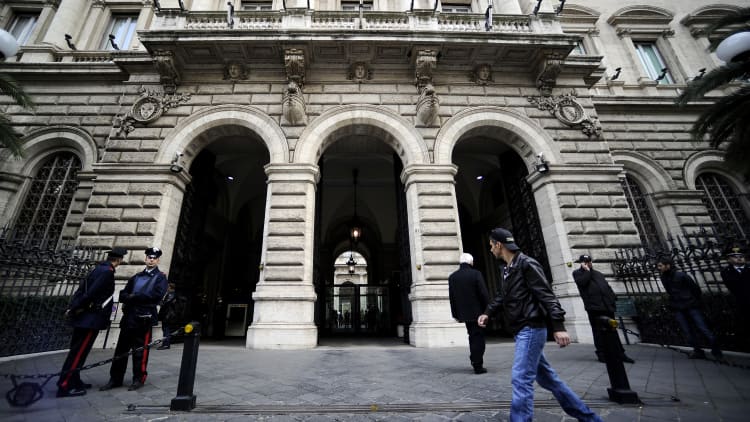
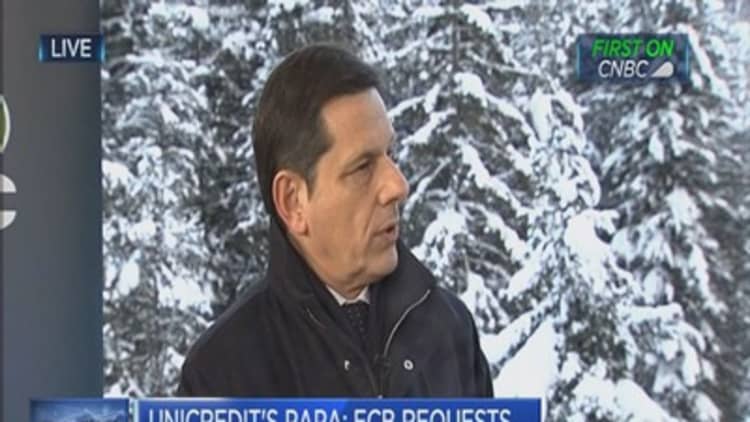
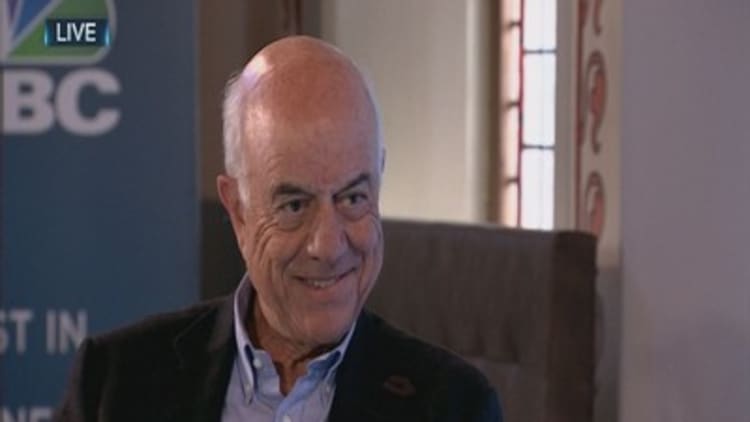
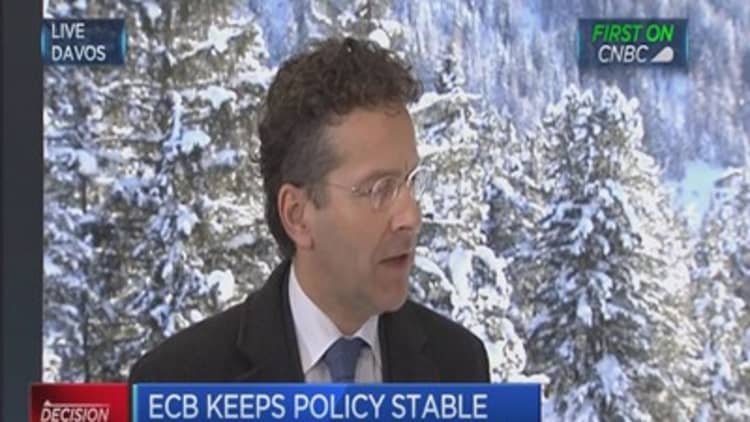
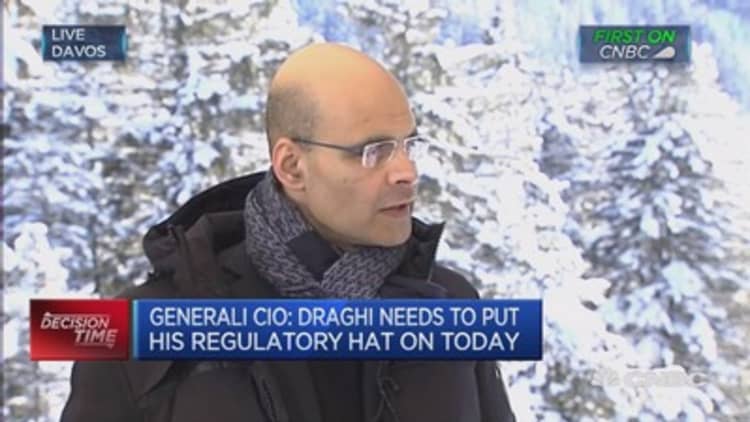
Italy's government is following with concern a rout in domestic banking shares but the system is solid, Prime Minister Matteo Renzi was quoted as saying.
Italian banking stocks have lost 24 percent this year as investors' attention turned to bad loans as concerns about global growth mount in financial markets.
"We're vigilant and concerned about tensions in the banking sector, though it could even be an opportunity," Renzi told financial daily Il Sole 24 Ore.
"The system is much more solid than what some investors rightly fear ...Current events will ease mergers, tie-ups, purchases."
Shares of UniCredit, one of Italy's biggest banks by market capitalization, have fallen by nearly 28 percent since the start of the year.
On Wednesday, the head of corporate and investment banking at UniCredit, told CNBC the rout was simply "panic selling."
"All in all, I really think it is panic selling... I don't really think there is any particular worry about the Italian banking industry," he said from the World Economic Forum in Davos, Switzerland.
Monte dei Paschi, Italy's third-largest bank and the most vulnerable among top lenders, has borne the brunt of the fall, shedding 59 percent of its market value since the end of 2015.
Speaking to CNBC on the sidelines of the World Economic Forum, Nikhil Srinivasan, the chief investment officer of Italian insurer, Generali, said concerns over the Italian banking sector were "overdone" and that the selloff was due to broader market fears.
"There is no need for alarm. People are going to sell markets where they own things and they're not sure what they own and I'm not sure they knew what was owned in the Italian banks — not that the Italian banks are in bad shape," he said.
"Everyone was overweight Europe and that's why Europe is falling today alongside the U.S. Everyone who said Europe would do better than the U.S. were wrong and they will be wrong."
Srinivasan said his advice to shareholders was to "preserve capital right now" and when asked how much downside markets could see, he was emphatic:
"20 percent everywhere, everywhere. Why not? People are always looking for fundamental reasons but the markets don't have to react to fundamentals, the markets just react," he said.
Teneo Intelligence said on Wednesday that the selloff constituted a political emergency for Renzi, risking the government's credibility.
"Restoring confidence in Italy's banking sector is likely to be a protracted affair, as the reforms already approved will take time to yield some tangible results. For instance, the reform of the so-called Banche Popolari involves a transition period until September 2016 and March 2017 for listed institutions. Other key measures – including the reform of the cooperative banks and, crucially, the creation of a mechanism to tackle the NPLs (non-performing loans) issue — are stalled," Wolfango Piccoli, co-president of the risk consultancy, said in a research note on Wednesday.
— By CNBC's Katy Barnato, Holly Ellyatt and Reuters.






